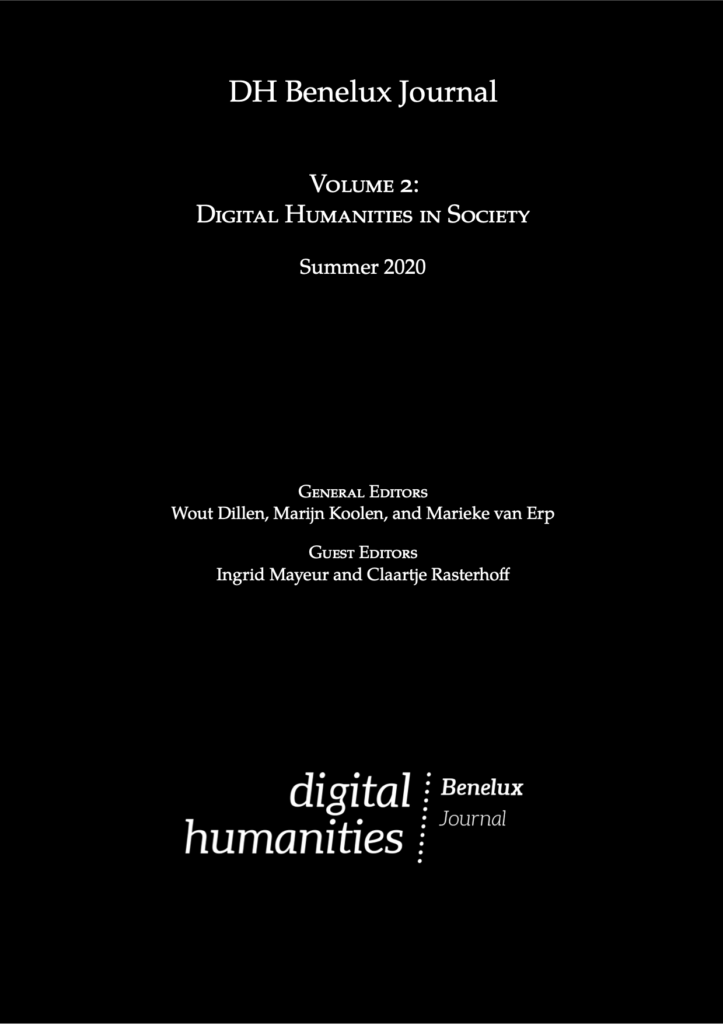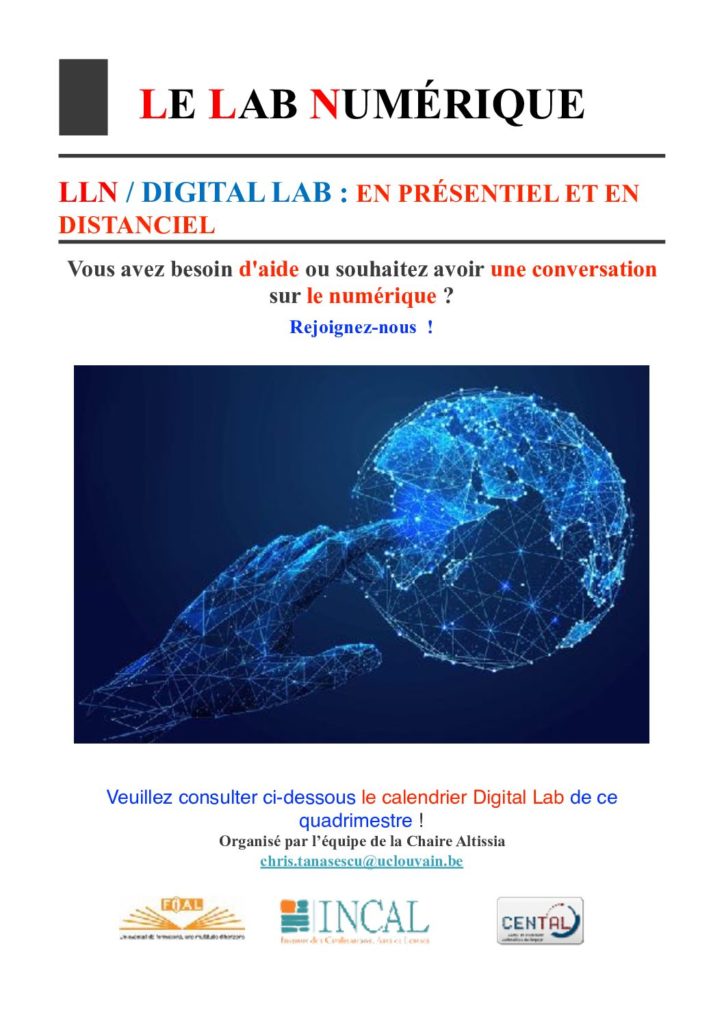TNT 2020-21 (II)
Nous avons le plaisir de vous inviter à un nouvel événement de la Série de conférences TNT 2020-21Formule : Explosion en trois étapes / Three-Step Explosion Format organisée parLa Chaire Altissia en Cultures et Éthique du Numérique, UCLouvain Prof. Øyvind Eide University of Cologne Première étape / Step 1Text-based Maps. Between Production and ReflectionConférence enregistrée, disponible à l’adresse […]
TNT 2020-21 (II) Lire la suite »


